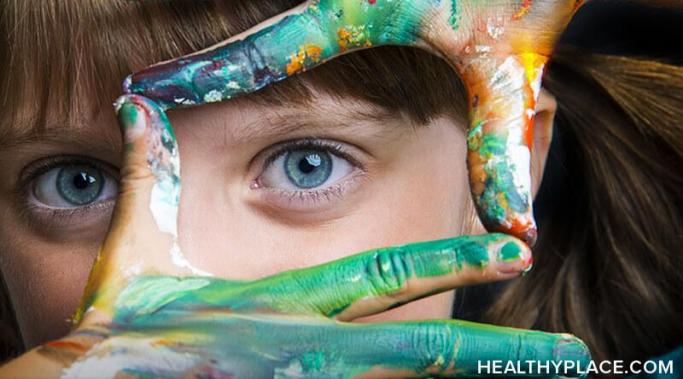Yesterday evening, I physically and emotionally disconnected from myself for some time due to depression. I felt like I was watching my meat suit cry because she could no longer take being locked in at home with no physical escape. That's right; I was having a meltdown because of COVID-19's lockdown restrictions since March.
Depression Coping Skills
It is no secret that good company is crucial to fight boredom, loneliness, and even depression. However, there is a common belief that good company can only be found in another person. I believe that anything that keeps you engaged and/or entertained is good company. While the ideal situation is to spend time with someone you care about; well, inanimate objects are the next best option.
If you have depression, consulting a therapist is the smartest move you can make to learn healthy coping mechanisms to deal with it, but self-therapy for depression can help you in a pinch.
The mixture of chaos and depression will increase the longer we continue to face the COVID-19 pandemic. When chaos takes place in our mind, we can have a harder time coping with our depression. I am finding this to be true for myself over the past several days. If you, too, are feeling more chaotic and finding it especially difficult to cope with your depression lately, then let's see if we can figure out some coping strategies that might help.
The COVID-19 pandemic has caused me to struggle with certain aspects of my depression more than I usually do, but I'm trying to cope in healthy ways. If you're also having trouble coping with your depression during this difficult time, maybe some of these ideas can help you, too.
We should not underestimate the effects of stressful events on depression. Modern technology offers most of us the opportunity to know what's going on all over the world at any given moment of any given day; yet, so many of the current news stories have the potential to add to our stress and possibly worsen our depression. I've been struggling with managing my depression while also trying to find a balance between being adequately informed versus becoming pulled down into a major depressive episode due to information burnout.
Many of us who are diagnosed with depression struggle with loving ourselves. We might feel the sting of stigma, whether it's from others, from within us, or from a combination of both. As individuals with depression, some of us deal with negative thoughts, which can make it difficult to foster feelings of love towards ourselves. How can we overcome these challenges and learn to love ourselves?
Why might someone coping with depression develop a tough exterior? Is fostering a tough exterior a good way to cope with depression? Let's explore these ideas.
I have a plan to avoid another suicide attempt that came from living with major depression. But it's taken three years since almost losing the war against depression to get it together. I'm so thankful to say that I'm still here and that my suicide attempt failed. That "failure" turned out to be one of my greatest victories. I couldn't see it then, but I certainly see it now. The following thoughts are some reflections on the past three years of my life. (Note: This post contains a trigger warning.)
If you were to ask most people what someone with depression looks like or how someone who has depression might behave, they would likely respond by saying things like, "sad," "crying," "miserable," or "gloomy." While those of us with depression feel these emotions and exhibit these behaviors at times, they certainly don't encompass all that we are. People with depression feel many things over the course of their lives, and it's time to end the stigma and remove the stereotypes associated with depression.









